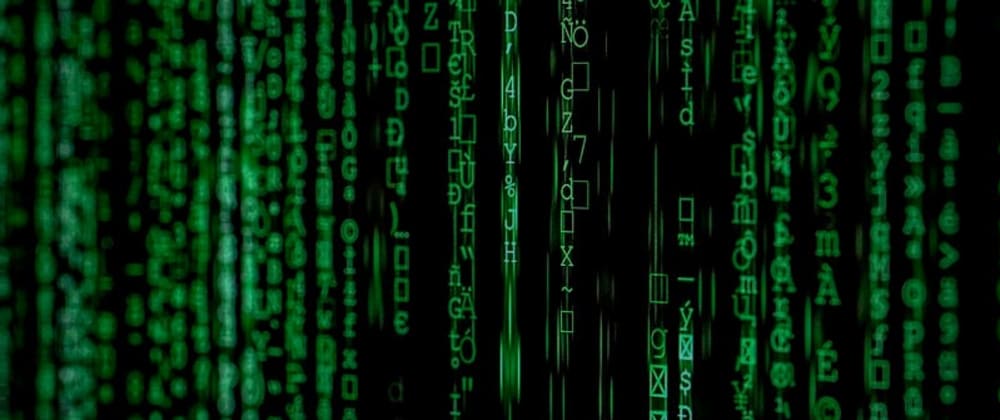Cybersecurity has been getting a lot of attention in recent years (thankfully). People can track everything you do online now and it's plain weird. It doesn’t matter if you're doing anything wrong or not. Sometimes you just don’t want someone following you around the internet.
That's not the main reason people care about VPNs anymore. You might want to access content that's restricted in your country or you might want to torrent things. (not that I'm condoning any of this…) Here's a short list of some of the reasons you might want to use a VPN:
- To take advantage of online anonymity by hiding your real location
- Get around location-based restrictions on streaming sites
- Protect your information when you're on public Wi-Fi
- Keep yourself from being logged if you're torrenting
You can do all of those things using a VPN because of how a VPN works. Just for clarification, VPN stands for virtual private network. In reality, a VPN is just a fancy way to make a secure connection to another network using the internet.
When you use a VPN on your laptop or phone it connects your device to a server (aka another computer) and it lets you browser the internet using that server's internet connection. That's how you get the change in location which lets you access things you might not have been able to. From what I hear, VPNs are used a lot in China to get past "the Great Firewall of China".
Here's what happens behind the scenes. After you connect to the VPN of your choice, your device acts like it's on the same local network as the VPN. So all of your browsing traffic is sent through a secure connection to the VPN, hits the website or resource that you want, and then returns the page like it normally would.
Because the VPN gives you its location, you'll see websites as if you were in that location. So if you're trying to access Netflix from London and your VPN is located in Los Angeles, the Netflix site will appear as if you are in Los Angeles. Since all of the data is transferred through this secure connection it'll probably load a bit slower than you would expect.
There are a lot of other uses for VPNs if you really want to flex your tech-savviness.
- You could access a business network outside of the office
- VPNs give you access to all of its local network resources when you're away. You'll be able to access any important files you need while you're on a different network.
- You could set up a home network to access when you're away
- That way you can remote into your computer if the need arises.
- You can hide your activity from your ISP and local network
- If you're worried about your internet service provider throttling your speeds on certain sites, this is a way to get around that. Remember that the ISP on the VPN might still throttle you.
Not all VPNs are alike. Some require advanced setup, others require monthly payments. The type of VPN you want to use depends on what you plan on using it for. One that I really like is ExpressVPN. They're relatively cheap and they give you most of the features you could need.
That's about it for the basics of VPNs. It's basically using a computer in another room from the computer that's right in front of you. Has anybody used one of the super advanced ones or setup a VPN that they host other people on?
Hey! You should follow me on Twitter because reasons: https://twitter.com/FlippedCoding







Top comments (7)
Nice post!
I always use a VPN on my phone and laptop for privacy and for always surfing from Belgium, doesn't matter where I am at the time. Belgium because I am from there and I think they have almost no website restrictions (except torrent sites but you can get around that easily).
I use a VPN in combination with Cloudflare 1.1.1.1 DNS service. The VPN I use is Private Internet Access (PIA).
Currently using Chrome and Google on my laptop but have been testing Brave and DuckDuckGo on my phone and I think will switch to it too on my laptop.
I use a VPN on my phone whenever I'm on a foreign network. This comes in hand in places like on trains, because the VPN will fail to connect when the train company is trying to MITM my connection... like Virgin trains do. I'd rather not use their Wi-Fi at all in that case.
I use a VPN for testing geolocation services at work a fair bit. For example, I worked on a site for a sporting event which had live TV streams to multiple countries. We had to tailor the schedule and promotors depending on each visitor's country, so using a VPN where I could pick a different country with the click of a mouse was very useful. Once it went to QA, the QA team did something similar.
I also use a VPN with its own DNS and adblocking: privateinternetaccess - which means I get a reduction in the ads to my phone without having to root it. I've had nothing but good service from them.
Irrespective of the brand, it's always best to check if it is leaking, or what their policies are when it comes to maintaining logs. Here's a detailed post on how to if your VPN works in 4 simple steps:
unemployedtechie.com/2021/10/4-way...
Doing some research, I found;
More at:
cnet.com/best-vpn-services-directory/
I use the algo vpn package to set up a Wireguard VPN - it takes almost all of the hassle away. It supports a lot of cloud/VPS services out of the box or you can run it on your own setup - it's very nice - even spits out configuration files you can just import into your phone/computer.
I used to use Sahrzad and now I am with Aeroshield (since 2022)
I use pandavpn, $2.49 per month